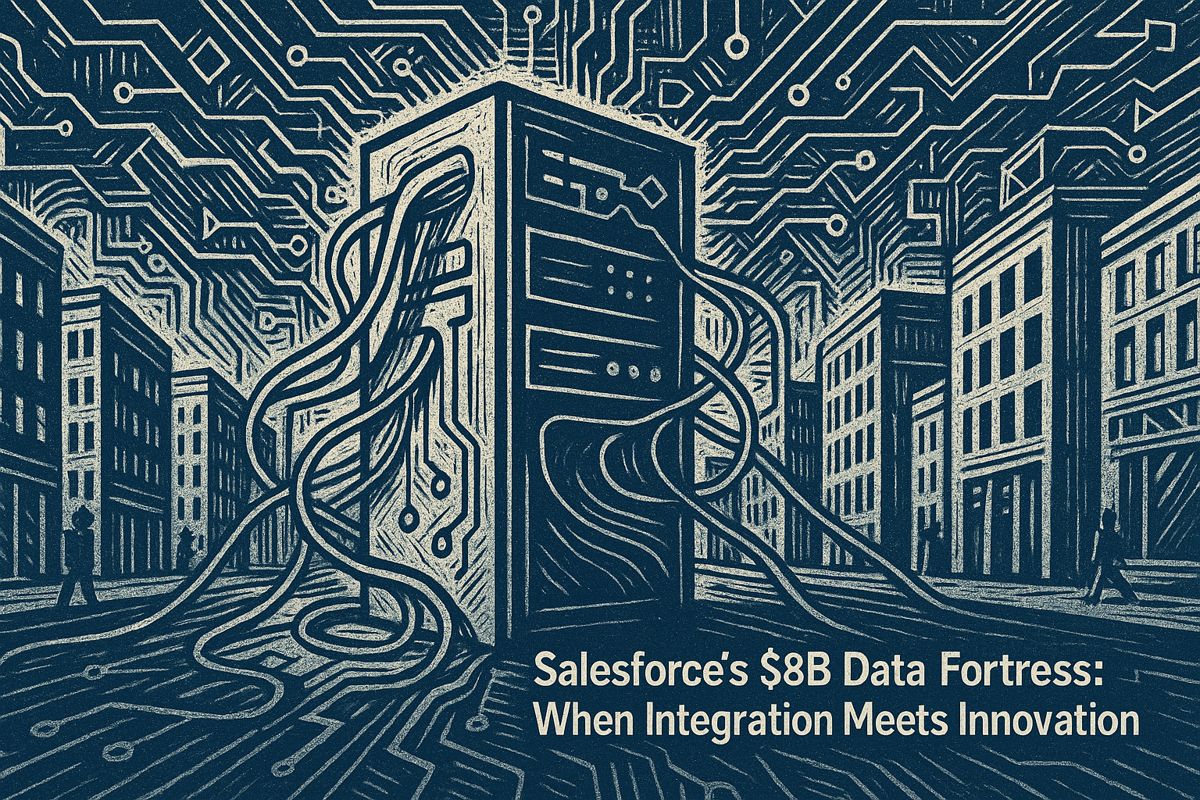AI is changing universities fast, making some degrees almost useless before you even finish them. Experts say Ph.D.s in AI or computer science, law, medicine, and general tech degrees are at high risk because AI can now do many tasks humans used to do. Schools are scrambling to update classes, offer short certificates, and test new ways to prepare students. Instead of broad degrees, students should focus on special skills that AI can’t easily replace. Employers now want people with creativity, empathy, and quick problem-solving – not just fancy diplomas.
Which university degrees are most at risk of becoming obsolete due to AI?
According to experts like Jad Tarifi, degrees most at risk of obsolescence from AI include: 1) Ph.D. in AI/CS, 2) Law (JD/LLM), 3) Medicine (MD/DO), and 4) Generalist Tech. Rapid AI automation is making traditional credentials less valuable before graduation.
Jad Tarifi, the founder of Google’s first generative AI unit, has a blunt message for anyone entering university this year: some degrees may be worthless before you graduate. Speaking at high-profile panels and in Fortune interviews, Tarifi warns that AI is now automating tasks once reserved for senior professionals, collapsing the return-on-investment timeline that made advanced study attractive.
The Degrees on the Chopping Block
According to Tarifi, the following programmes are at immediate risk:
| Degree Type | Risk Level | Key Driver |
|---|---|---|
| Ph.D. in AI/CS | Very High | “By the time you finish, AI itself will be gone” [^1] |
| Law (JD/LLM) | High | Routine case research & drafting now handled by models like GPT-5 |
| Medicine (MD/DO) | Moderate-High | Diagnostic & imaging tasks automated faster than residencies adapt |
| Generalist Tech | Moderate | Low-level coding jobs disappearing faster than bootcamps evolve [^3] |
Why the Obsolescence Speed Is Unprecedented
- *Moore’s-Law-for-Software: * Model capability has jumped ~10× every 12 months (compare GPT-3.5 → GPT-5).
- Prompt-to-Product Cycles: Start-ups can now generate legal contracts or preliminary diagnoses with a 30-line prompt, work that once took junior associates or residents hours.
- Credential Inflation: Undergraduate degrees already lost signalling power; master’s and Ph.D. were the next hedge. AI is compressing that hedge to near-zero.
What Universities Are Actually Doing
Not all institutions are sitting idle. A quick scan of 2025-26 course catalogues shows three broad responses:
-
Curriculum Modernisation
Arizona State Law now mandates a “clinical rotation” model where students spend 30 % of credits in AI-assisted externships [^2]. -
Assessment Reform
Carnegie Mellon’s School of Computer Science replaced final-year coding exams with open-ended “AI safety incident response” simulations graded on creativity rather than code volume [^5]. -
Micro-Credential Surge
EdX and Coursera report 400 % YoY growth in certificates titled “AI for precision medicine” or “explainable AI audit”. Each lasts 8–12 weeks compared with a 4-year degree.
Future-Proof Niches Tarifi Recommends
Instead of broad degrees, Tarifi pushes students toward “high-resolution specialisations”:
- AI for biology – designing protein-folding agents where ground-truthing still needs wet-lab validation
- Multimodal UX – building interfaces that blend voice, vision and haptics for surgeons using AR headsets
- Edge AI security – protecting pacemaker firmware from adversarial inputs
- Policy engineering – writing regulations that govern autonomous medical devices
Human Skills That Employers Now Price at a Premium
The fastest-growing job posts on LinkedIn (Q2 2025) reveal an obvious pattern:
| Skill | YoY Demand Growth | Median Salary Premium |
|---|---|---|
| Cross-functional empathy | 47 % | +$18 k |
| Rapid scenario planning | 39 % | +$14 k |
| Ethical AI auditing | 82 % | +$26 k |
Data source: World Economic Forum Future of Jobs Report 2025 [^4]
One-Minute Action Plan for Prospective Students
- Audit your target degree on arXiv and Hugging Face – if >60 % of required coursework tasks can be automated by today’s public models, reconsider.
- Stack two micro-credentials (12 weeks each) instead of a traditional 2-year master’s.
- Publish a micro-project on GitHub that shows human-in-the-loop value; recruiters now filter for portfolios that AI alone cannot replicate.
- Schedule quarterly upskilling sprints; Amazon, Google and Mayo Clinic all offer 6-week internal rotations open to external applicants in 2025.
The takeaway is stark: the half-life of a degree’s market value has fallen below the time it takes to earn one. Adapt the course, or the course will adapt without you.
[^1]: Fortune: Ex-Google exec says advanced degrees may become obsolete
[^2]: University of Arizona Law Library – AI curriculum shift
[^3]: McKinsey – How generative AI is changing the future of work
[^4]: World Economic Forum – Future of Jobs Report 2025
Which degrees are most at risk of becoming obsolete?
Jad Tarifi, the founder of Google’s first generative AI team, has singled out law, medicine and even advanced AI degrees as the credentials most likely to lose value. His reasoning is blunt: AI is already automating the diagnostic, research and drafting tasks that these programs were designed to train people for. Tarifi goes so far as to call “Ph.D. programs in AI itself risky”, because the field moves faster than a multi-year dissertation timeline. The upshot: entire swaths of graduate education could be “a waste of time” before the diploma is printed.
How are universities responding to AI-driven obsolescence?
Forward-thinking schools are racing to rewrite curricula in months, not years:
- Law schools are piloting “medical-model” externships where students work directly on AI-assisted case files instead of memorizing doctrine.
- Medical programs are doubling down on simulation labs where AI provides instant feedback on clinical decisions, while ethics and bedside-manner courses get more weight.
- Tech faculties are carving out micro-credentials in niche areas like explainable-AI auditing and edge-device optimisation.
Inside Arizona State University, applicants can already use AI tools during admissions; the University of Michigan takes the opposite stance, banning them. Both moves reveal that there is no single playbook yet, but every major campus is feeling pressure to shift from credential-heavy to skill-heavy education.
What alternative educational paths should students consider?
Instead of broad majors, Tarifi and industry analysts now recommend laser-focused specialisations that sit at the intersection of AI and a still-underserved domain. High-potential tracks for 2025-2026 include:
| Specialisation | Why It’s Safer from Automation |
|---|---|
| AI for precision medicine | Requires human oversight of genomic data, FDA compliance and patient privacy that AI alone cannot handle. |
| Explainable-AI (XAI) auditing | Combines technical know-how with regulatory knowledge; machines can’t interpret their own decisions to regulators. |
| Multimodal AI model design | Involves creative judgment about how text, image and audio data interact, still a frontier problem. |
| No-code AI development | Focuses on connecting domain experts to AI tools, leveraging human context. |
| AI policy & ethics | Needs legal reasoning, negotiation and social values that are inherently human. |
As one HR trend report notes, employment in these human-skill-intensive roles is projected to grow nearly three times faster than traditional programming jobs over the next five years.
Which human skills are becoming more valuable?
With AI taking over technical grunt work, soft skills are hard currency. The World Economic Forum’s Future of Jobs Report 2025 lists analytical thinking, creativity, empathy, leadership and adaptability as the top five rising competencies. McKinsey forecasts a “significant rise in social, emotional and higher-cognitive skills by 2030” – the exact terrain where machines still stumble. Expect starting salaries for roles explicitly demanding these traits to outpace purely technical postings by 15-20 percent, according to 2025 industry surveys.
How can students future-proof their careers right now?
- Build a dual-track portfolio: pair one deep niche skill (e.g., bio-AI) with demonstrable strengths in creativity or leadership via projects, not just coursework.
- Earn micro-credentials faster than degrees: platforms such as Coursera and Udacity now offer eight-week specialisations that update quarterly.
- Display work publicly: GitHub repos, Kaggle rankings and open-source policy briefs are replacing transcripts as the real signal for recruiters.
- Re-skill continuously: the half-life of a technical skill is now 2.5 years, per Deloitte 2025 estimates; schedule mini-upgrades every six months.
- Network in hybrid communities: interdisciplinary hackathons blending med-tech, law-tech and ethicists are where the next wave of job introductions happens.
The overarching takeaway: the degree is no longer the product; the adaptable human behind it is.



















